Life
Sign up for our newsletter
We summarize the week's scientific breakthroughs every Thursday.
-
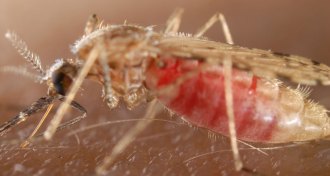 Health & Medicine
Health & MedicineMosquitoes can get a double dose of malaria
Carrying malaria may make mosquitoes more susceptible to infection with a second strain of the parasite that causes the disease.
-
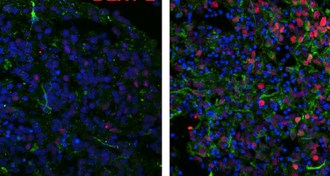 Neuroscience
NeuroscienceBundles of cells hint at biological differences of autistic brains
Using miniature organoids that mimic the human brain, scientists have identified developmental differences between autistic children and their non-autistic family members.
-
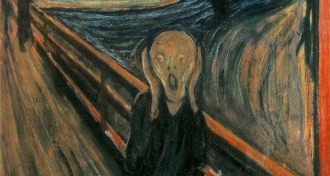 Neuroscience
NeuroscienceHow screams shatter the brain
The acoustical properties of screams make them hard to ignore, a new study suggests.
-
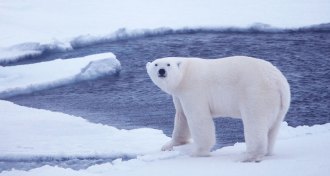 Animals
AnimalsPolar bears’ ‘walking hibernation’ not much of an energy saver
Summer’s “walking hibernation” doesn’t shut down polar bears as much as winter does.
By Susan Milius -
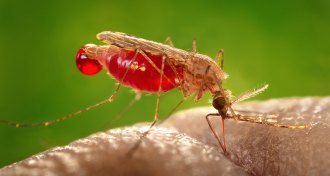 Life
LifeGood luck outsmarting a mosquito
Mosquitoes use their senses in sophisticated combinations and sequences to find you.
By Susan Milius -
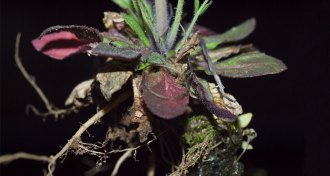 Plants
PlantsDefense hormones guide plant roots’ mix of microbes
Plants use salicylic acid to attract some bacteria to roots and repel others.
-
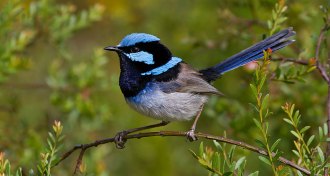 Animals
AnimalsBirds learn what danger sounds like
In just two days, superb fairy-wrens learned to recognize an unfamiliar alarm call as a sign that a predator loomed.
-
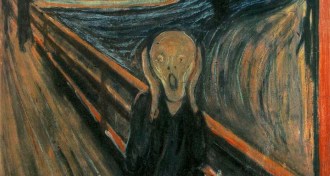 Neuroscience
NeuroscienceHow screams shatter the brain
The acoustical properties of screams make them hard to ignore, a new study suggests.
-
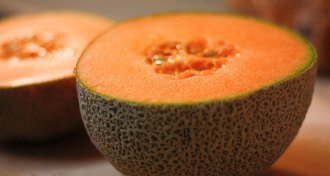 Genetics
GeneticsMelonomics: Sounds like a cancer, smells like a melon
The project that published the first melon genome dubbed itself melonomics.
-
 Life
LifeShifted waking hours may pave the way to shifting metabolism
Shift workers are at higher risk for obesity and metabolic problems. Scientists are working hard to understand why the night shift makes our hormones go awry.
-
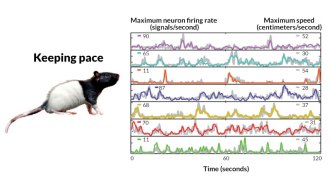 Neuroscience
Neuroscience‘Speed cells’ found in rats’ brains
Newly discovered “speed cells” clock rats’ swiftness.
-
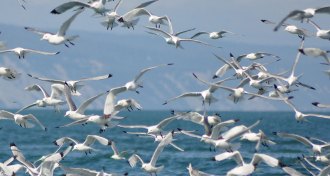 Animals
AnimalsFeeding seabirds may give declining populations a boost
Supplementing the diets of kittiwakes with additional food might give fledglings a head start, a new study finds.